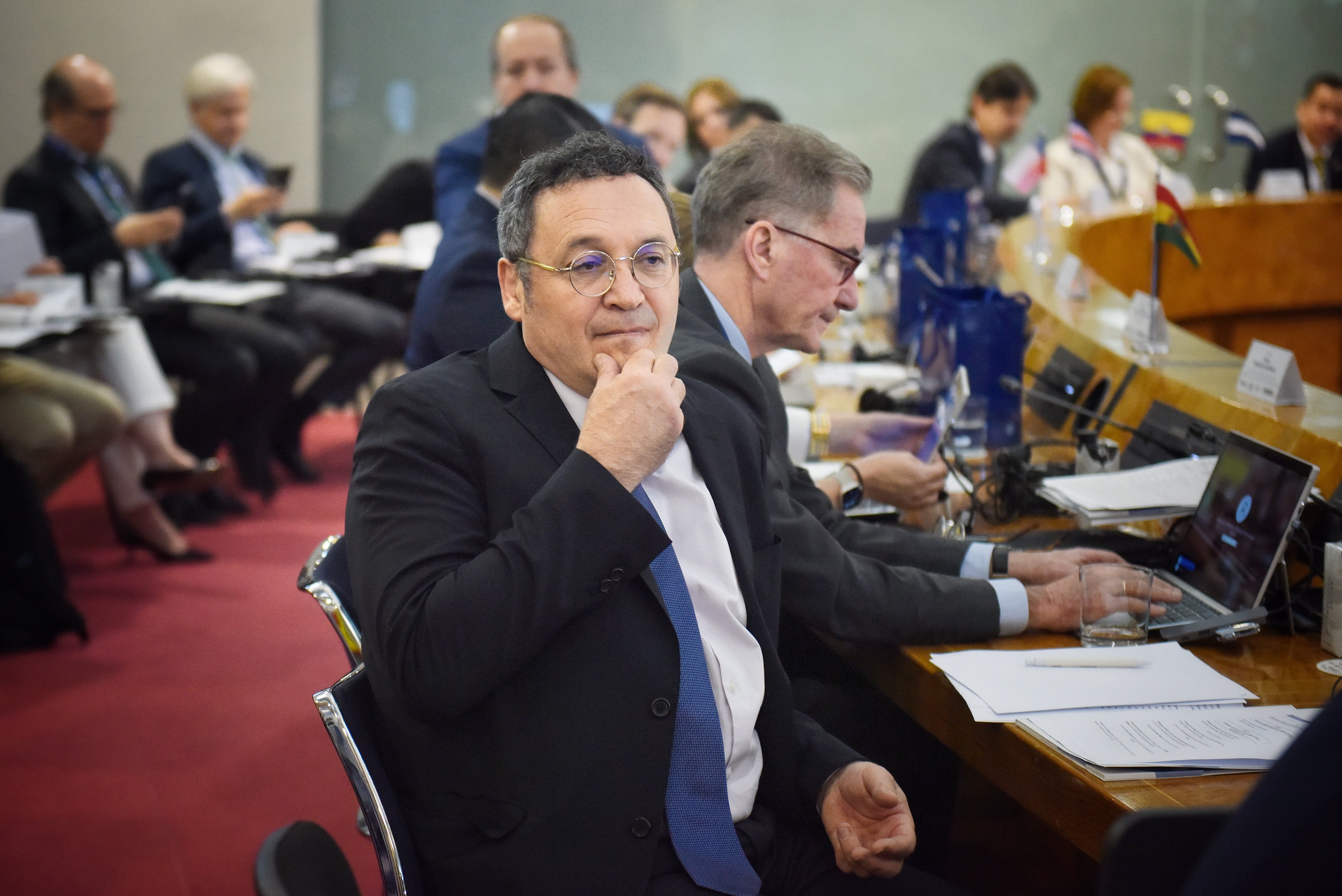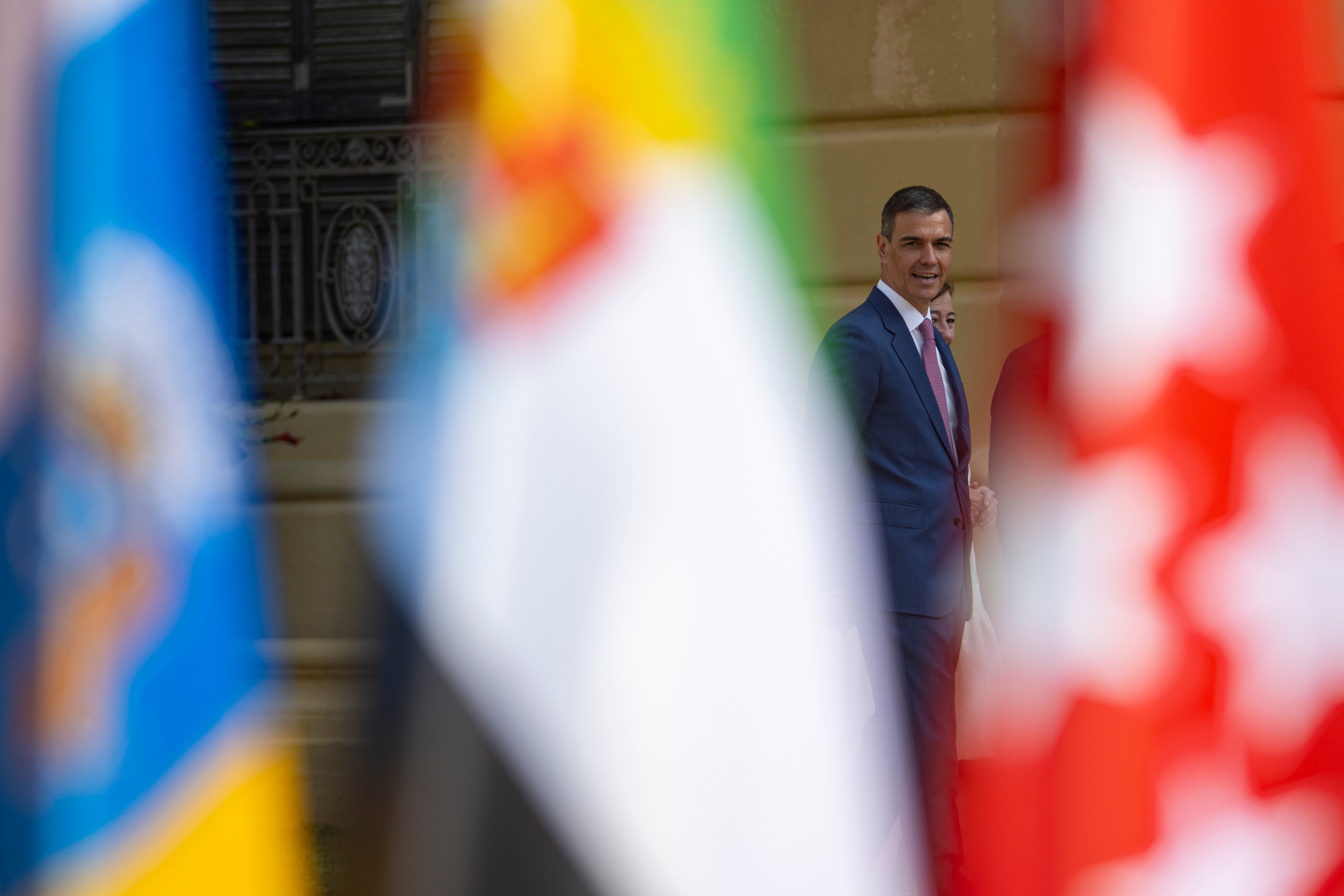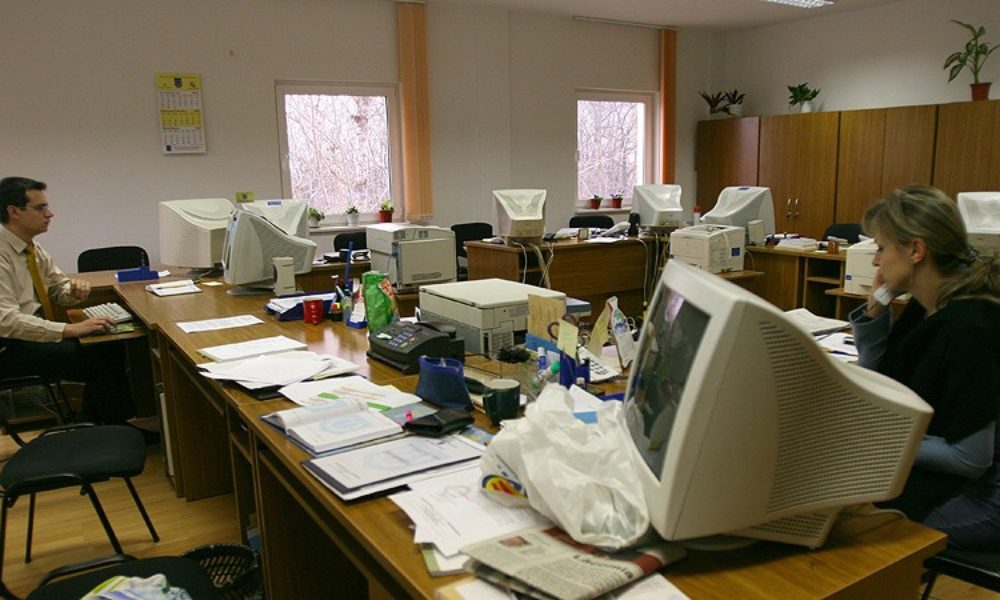New pitfalls stamps the reform of the ‘Gag Law’ | Spain

The reform of the controversial law for the protection of citizen security of the PP, the one known for its detractors as Gag law, It has been traveling for months through Congress. And this despite The agreement reached in October between PSOE and add with EH Bildu « And to which ERC, PNV and BNG added later, » seemed to clear the way for a change that has already suffered two failed attempts in 2019 and 2023. Six months after that pact and when on Monday 10 years of the publication in the BOE of the controversial standard (which entered into force on July 1, 2015), new pitfalls that attach their parliamentary path have appeared, as the country has verified after talking with sources of seven games favorable to change.
In the last legislature, when the parties then supported the Executive of Pedro Sánchez had already agreed to modify 36 of the 54 articles of the law, The reform deranged for discrepancies then insurmountable in four points: the use of riot material, especially that of rubber balls, to deal with street altercations (article 23.4); the sanctions for respects of the police (article 37.4); The punishment of disobecciousness and resistance to the orders of the agents (article 36.6), and the hot return of irregular immigrants in border (transitory disposition). Now, when the consensus seemed closer after THE OCTOBER PACTthe unstable parliamentary arithmetic and the new demands of some of the political groups that make up the investiture block again leave everything in the air and, above all, to slow down their parliamentary process.
Already during the first two parliamentary procedures –The taking into consideration of the reform in October And the rejection, in December, of the amendments to the totality that PP and Vox had presented-, it was glimpsed that the way to get the project was not, much less, clear. Podemos and Junts, whose votes are essential to approve it, made clear in their interventions in those debates that their support is not guaranteed. Therefore, the most involved party formations in the reform decided to postpone multilateral contacts to agree on the final text until February, when the new session after the Christmas holidays began. The objective was – and is still, admit several political sources consulted – to close a definitive agreement between the parties favorable to the reform before taking the text to the presentation so that that last parliamentary procedure is fast.
However, all matches consulted in recent days now admit that, after almost two months of the new session, they have only maintained what almost all describe as « tanteos » or « always informal contacts » always bilateral in which no documents with proposals have been exchanged. According to parliamentary sources, these contacts with two bands between parties are adjusting to a parliamentary logic in which it is tried to prevent dialogue from being affected by political rivalries. Thus, EH Bildu has become the interlocutor of Podemos and maintains his traditional good harmony with ERC; Add does it with Junts; and with the PNV the PSOE speaks mainly.
« Sometimes they have simply been brief talks in the seat or by coinciding with a commission, » says one of the sources, which asks to maintain anonymity « like the rest of the consulted, including several deputies – not to hinder the negotiations. « On the table are the amendments that each one presented to the October proposal and nothing more, » emphasizes another. « It will not be easy, » laments a third, remembers that 200 amendments have been presented, « more than expected. » What the sources also coincide is that these bilateral meetings have already confirmed the difficulties in agreeing to the reform, and not only in the four articles that caused the last legislature of the shipwreck of the same. All admit that new pitfalls have emerged after the questioning of some groups of points that others were agreed since the failed negotiation of 2023. « If we reopened things that were closed, we have a problem, » a deputy laments.
In this sense, several groups point to the PNV, a party that was aligned with the government to try to reform the norm in the last legislature (then the proposition of the law was promoted by the Basque nationalists themselves) and that in this one has stamped its signature in the agreement to resume it. Despite this, he has presented 28 amendments, including some to articles that other formations already considered agreed. PNV sources insist that they have not moved from their position. « We defend our amendments, which come in addition to the broad agreement that was achieved in the last legislature and that the inflexibility of Bildu and ERC truncated, » they emphasize. Other parties do not think the same, which believe that vaccos nationalists have tightened their position, although they blame it more for a matter of political rivalry with EH Bildu, which has monopolized prominence after their agreement with the socialists and add, that to a true insurmountable opposition to the project.
Something similar, adds one of these sources, occurs with Junts, whom they consider « conditioned » by the political situation in Catalonia and its rivalry with ERC. The formation of Carles Puigdemont has already participated in the negotiations of the past legislature to reform the Gag lawbut on that occasion the majority that supported the government was more solid and its vote was not essential. Now it is and, as sources from their parliamentary group admit, they will assert this circumstance. Juns emphasizes that the 17 amendments that have presented « are reasonable. » On the other hand, we can insist on maintaining the position that their representatives defended during the plenary sessions of October and December: “ask for the repeal of the law, including the end of rubber balls and of hot returns. ”The vote of its four deputies is also necessary and several sources consider that at this time their final sense is » unpredictable. «
PSOE sources admit that passing the project will not be easy, but show their confidence in being able to move it forward thanks to the « very important » advances that were achieved in the previous legislature and the October agreement with EH Bildu, which they consider « a new push. » Add, that both the last legislature – when the parliamentary group was united we can – as now tries to bring positions between groups, warns that if agreements are not reached now “the last opportunity to end the most harmful points of this PP Law” can be wasted. For the training led by Yolanda Díaz, which already In May of last year they presented a law proposition To reactivate the reform, “reach July 1 (when the tenth anniversary of its entry into force) is fulfilled without changing the Gag law It would be ignominious and some parties would have to explain why they have given their political interests to those of society as a whole. ”







